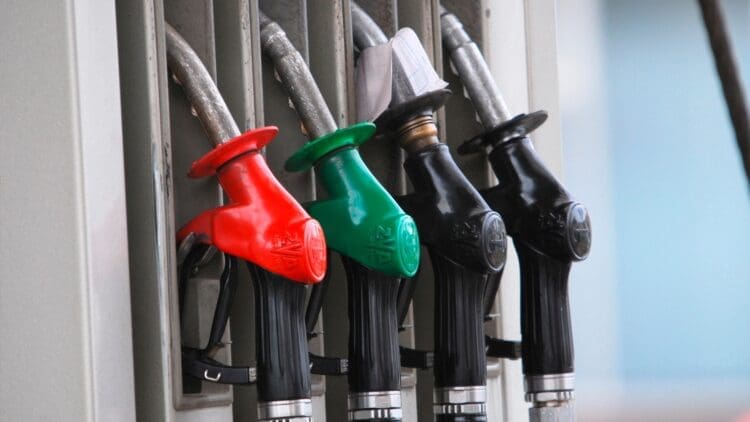El Salvador is reaping the benefits of a return to the renewable energy sector following a lengthy hiatus. The mining sector took a hit when the government announced, way back in 2017, that under no circumstances was metal mining going to take place in the region. However, a new law has reversed that decision, much to the dismay of the public and several institutions. But plans are now in place for the South American nation to introduce new projects that aim at an entry into the renewable fuel sector. The country is divided, yet the plans are moving forward.
El Salvador made history in 2017 by banning metal mining
It was also the first country in the world to make such a far-reaching decision to ban the metal mining industry altogether. The world was shocked to learn that a country in South America, known for its rich natural resources, had banned metal mining. But there was always a lingering feeling that the ban would not last, and what do you know? The Congress has now voted to lift the ban while maintaining control of the sector.
The new law states that only President Nayib Bukele’s government can authorize or carry out any metal mining activities, while leaving a bit of wiggle room for foreign investors to still do business in the country under the ever-watchful eye of Bukele’s government. One questions what the administration’s agenda might be, but we’ll leave the speculation at the door for now.
The fallout from the landmark law has been intense, to say the least. In a region known for its corruption, several organizations and institutions have called for the new law to be repealed, but it would seem those calls are falling on deaf ears. The Catholic Church has even gotten involved by submitting a petition to the legislative assembly calling for the law to be repealed.
“There isn’t enough water to meet people’s demands [….] water stress occurs when water availability reaches 1,700 cubic meters per person per year. And we’ve been there for a few years now.” – Andrés McKinley, an academic and researcher at the José Simeón Cañas Central American University (UCA)
There is a silver lining to this ever-darkening cloud hovering over El Salvador
One positive that can be taken from the new law is the government’s position towards the renewable energy sector. El Salvador has for generations been suffering from the disastrous gold mining era that ravaged the nation, and the effects are still being felt today. AES El Salvador is leading the charge for several new projects that include the Bósforo solar project and the upcoming Capella Solar project.
The Bósforo solar project is a pioneering initiative and is already operating at full capacity with 10 solar plants strategically located across the country. The Capella Solar project is due to integrate a 30 MW/60 MWh Battery Energy Storage System (BESS), which will optimize power dispatch during peak demand hours.
That’s before we even mention the EDP Renováveis (EDPR) projects that are due to increase El Salvador’s foothold in the renewable energies sector. It has two projects that are to come online, including the La Paz Solar Park, a robust 150 MW solar project, and the Santa Ana Wind Farm, a 50 MW wind project.
Will the government move forward with their plans, or is there any recourse for the naysayers
The likelihood of the government changing its stance towards the new law is very low indeed. El Salvador has a troubled history dominated by foreigners trying to get as much out of the proud nation before leaving it high and dry without a penny in their pockets. Expectations from the public are not good, but if Bukele’s government can make a success of the new venture into renewable energy, there might be a future for the sector in a once very troubled region of the world.





